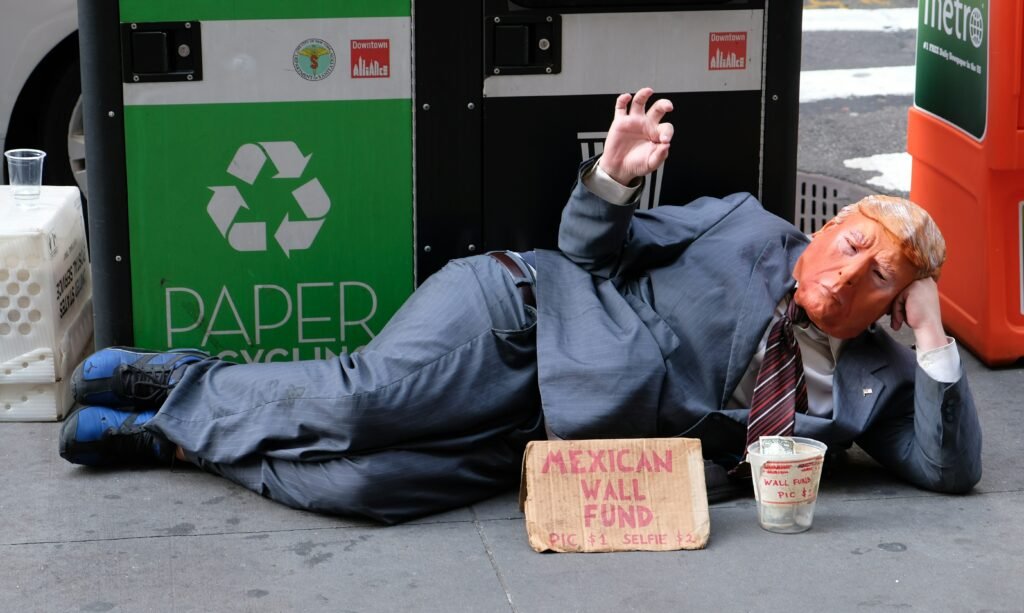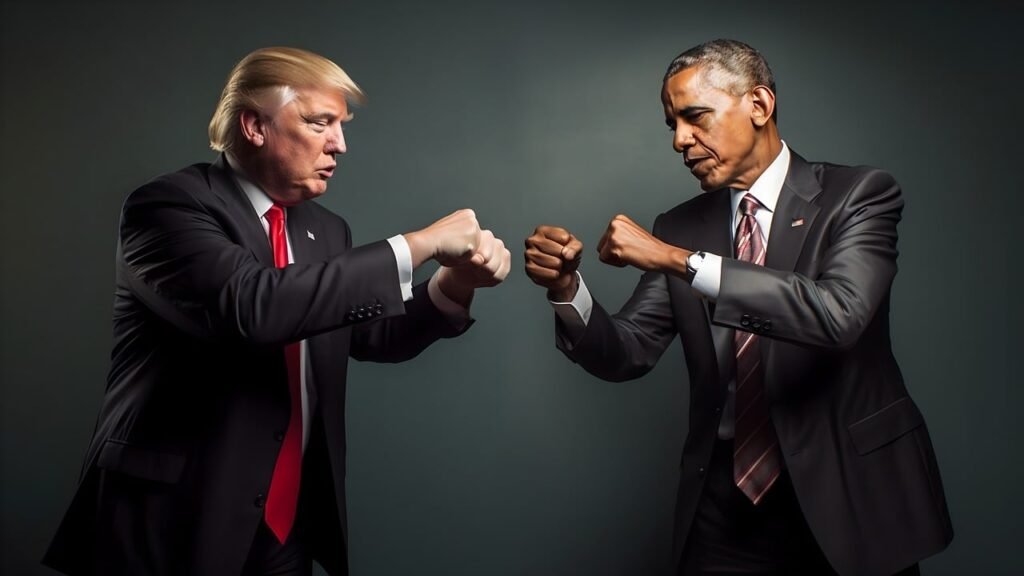After about five weeks, both sides in Donald Trump’s big hush-money case have finished presenting their evidence and making their arguments. Next, lawyers will give their final statements, and the jury will talk and decide. Nobody knows for sure how long that will take or what they’ll decide.
But if they say Trump is guilty, even for just one thing, it would be a big deal. He’d be the first ex-president in U.S. history with a criminal record, and the first big-party candidate running for president while having broken the law.
Here are some important things to think about if the jury finds Trump guilty.

What occurs with a guilty verdict?
Mr. Trump has been out of jail during the trial. If he’s found guilty, he might still be able to walk out of the courtroom until the judge, Justice Juan Merchan, sets a date to decide his punishment.
The judge will think about a few things before deciding what to do, like Mr. Trump’s age (he’s 77) if he’s been in trouble before, and if he’s broken the rules about talking to the media.
The punishment could be a fine, keeping an eye on him, or even going to jail.
If he’s found guilty, Mr. Trump will probably ask for another trial, which could take a long time, maybe months or more.
Then, his legal team would go to higher courts in Manhattan to argue his case.
So, it’s not very likely that Mr. Trump will be taken away in handcuffs right after the verdict. He’ll probably stay out of jail while he’s trying to change the decision.
What reasons could Mr. Trump use to ask for another trial?
One reason why Stormy Daniels, an adult film star, is important in this case is because she claims to have had a sexual encounter with Mr. Trump, which is a central point of the case.
Anna Cominsky, a professor at New York Law School, said that while providing lots of detail can make someone seem believable, it might also be too much. In Ms. Daniels’ case, she gave a lot of detail, which could make her credible, but it might also be unnecessary and could sway the jury unfairly.
During Ms. Daniels’ testimony, Mr. Trump’s defense team asked for the trial to be stopped twice, but the judge said no.
The District Attorney used a new legal strategy in this case, which could be a reason for an appeal.

In New York, falsifying business records is usually a small crime, but Mr. Trump’s charges are more serious because they also involve allegedly trying to influence the 2016 election illegally.
Some legal experts think that because it’s not clear which specific law Mr. Trump broke, his defense team might have a chance to challenge the conviction.
Is it possible for Trump to end up in prison?
It’s a long shot, but if Mr. Trump is found guilty, he could face time in jail. He’s up against 34 charges in New York, all falling under the lowest category of crimes in the state. Each charge carries a maximum of four years in jail.
However, some factors might lead to a lighter sentence. Things like his age, lack of criminal history, and the non-violent nature of the charges could sway the judge. Plus, being a former president might influence the decision, as sending him to jail would be unprecedented.
1. Did the prosecutors present a compelling case in Trump’s trial over hush money?
2. As the trial comes to a close, are Americans tuning in?
3. Here’s a breakdown of Donald Trump’s four legal battles.
Yet, there’s a practical hurdle as well. If Mr. Trump were to end up in jail, it would pose significant challenges. He’s entitled to Secret Service protection for life, which means they’d have to guard him behind bars. Managing the security and expenses of keeping a former president safe in prison would be a daunting task.
Justin Paperny, who advises people facing prison time, believes it would be a logistical nightmare. He’s convinced that no prison would willingly take on the burden and chaos that would come with incarcerating a former president.
Is he still eligible to run for president?
Yes, he can still try to become president. The rules for becoming president in the US aren’t very strict. You have to be at least 35 years old, born as a US citizen, and have lived in the US for at least 14 years. Having a criminal record doesn’t automatically disqualify you.
However, if he’s found guilty of a crime, it might affect the election in November. A survey earlier this year found that 53% of voters in important swing states wouldn’t vote for him if he was convicted.
